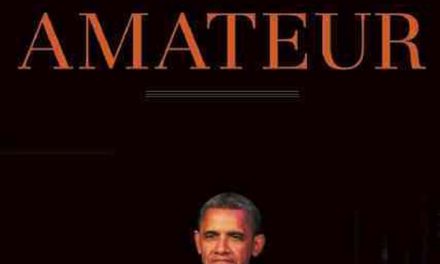A modest 25 basis point interest rate cut to 0.50 per cent expected from the ECB next month will not be enough to stop the rot
By The Economic Times, India
The euro zone will slip into recession and won’t grow until 2013, according to the latest Reuters poll of economists who also don’t expect any new aggressive policy response from the European Central Bank.
The latest monthly survey results, released on Thursday, follow news that the euro zone just barely skirted recession in the first half of the year, with only Germany growing in the three months to June and France, the second largest euro zone economy, flatlining.
Taken together with a worsening outlook for the euro zone’s most vulnerable economies in a Reuters poll published last week, there appears to expectation for an end to the euro crisis or any prospects for a meaningful economic rebound.
A modest 25 basis point interest rate cut to 0.50 per cent expected from the ECB next month will not be enough to stop the rot and would be largely symbolic, as the rate is already so close to zero and can do little to stimulate borrowing.
While ECB President Mario Draghi has promised he will do whatever it takes to save the euro, and large-scale purchases of short-term Spanish and Italian debt are likely later this year, there is nothing on the horizon that economists see as pointing to vigorous recovery.
Ruben Segura-Cayuela, economist at Bank of America Merrill Lynch, said that the “absence of a clear end-game or roadmap to an end-game” for the euro zone debt crisis was holding back consumers and stopping businesses from investing or hiring.
The Reuters poll predicted the euro zone economy, which shrank by 0.2 per cent in the second quarter, will contract by the same amount in the current quarter. That is slightly deeper than the 0.1 per cent contraction forecast in the July Reuters poll.
But that relatively mild slide masks much more severe downturns in Italy and Spain, the third and fourth largest euro zone economies, and an outright collapse in Greece, where nearly one quarter of the population is now out of work.
Economists are getting progressively more confident of an official recession in the third quarter, with the range of forecasts narrowing to just 0.1 per cent growth to a 0.8 per cent contraction. Only one economist predicted growth.
The Reuters poll found the vast majority of economists did not expect the central bank to try to cap Spanish and Italian bond yields as has been suggested by some, nor will it resort to buying anything other than government bonds on the open market.
Poll respondents were split on the likelihood of another long-term refinancing operation like the ECB conducted in December and then in February, essentially hosing the markets down with over one trillion euros of three-year cash.
NO GREEK EXIT
What has changed over the past several months is the perception of Greece’s future in the euro zone. The vast majority of economists appear to have had a change of heart and now think it’s a better idea for Athens to keep the euro.







